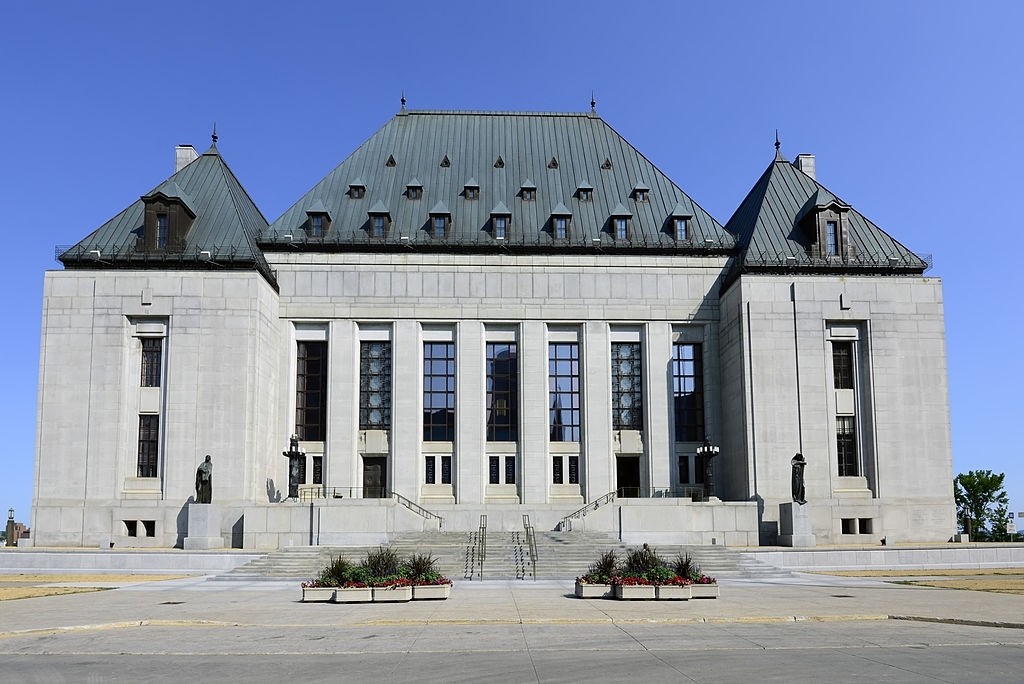Do you know the feeling when you realize you are in a situation and you have no real remedy? If so, you probably also know the same feeling when you are in a situation where you are 100% right and there is a third party who is not.
Most of us learn about these feelings on the playground at school recess as children. It is the time when the coach and teachers are not around, and something unjust happens. We also experience this occasionally at work, whether it’s with an employer or boss, or a police officer, or an employee at a regulatory agency.
The cause is all the same–there is no adult supervision. The result is all the same too–injustice.
This brings us to the Ballard v. Commissioner, 544 U.S. 40 (2005) case and saga. This saga involves the U.S. tax court.
About the U.S. Tax Court
The U.S. Tax Court has somewhat of a controversial history, as far as courts go. The court, initially named the board of tax appeals, fell under the aegis of the executive branch of the federal government.
The court underwent two subsequent name changes and, in an effort to distance itself from the IRS, the court left the executive branch to become an independent court.
The U.S. Tax Court provides a forum for contesting tax assessments and for certain collection matters. It is the only forum that allows taxpayers to maintain litigation without first paying the tax, etc. that is in dispute. For many taxpayers, it is the only forum that is available.
You can read more about the U.S. Tax Court here.
The Ballard Dispute
The Ballard dispute involves the law firm Ballard Spahr and the IRS and litigation over a tax shelter strategy called “Son of BOSS.”
In 2000 and 2001, Ballard Spahr recommended the Son of BOSS tax shelter to some of its clients. The shelter involved a complex series of transactions that were intended to create large paper losses that could be used to offset real gains, thereby reducing the clients’ tax liability. The IRS later challenged the tax shelter, arguing that it was an abusive tax avoidance scheme that lacked economic substance.
In 2008, the case went to trial before the U.S. Tax Court. The court ruled against the taxpayers and Ballard Spahr, finding that the Son of BOSS transactions lacked economic substance and that the taxpayers were not entitled to the tax benefits they claimed. The court also imposed penalties on the taxpayers and their advisors, including Ballard Spahr.
Ballard Spahr appealed the decision to the Third Circuit Court of Appeals, which affirmed the Tax Court’s decision in 2011. The law firm then appealed to the Supreme Court, which declined to hear the case in 2012, effectively ending the legal battle.
There were a number of aspects of the Ballard dispute that were controversial. One of these issues was how the U.S. Tax Court handled the case.
Ballard & The U.S. Tax Court
In Ballard, the trial judge presiding over the case sided with the taxpayers and prepared a report stating the outcome of the case. The case was subsequently reassigned to a second judge who entered a contrary finding, a finding issued four years after the trial and made without even having heard the case.
The U.S. Tax Court’s own rules specify that the second judge is to adopt, modify, or reject the first judge’s report–not write a new report. When the taxpayers discovered that the second judge had disregarded the first judge’s report, they sought access to the report for appeals purposes. The U.S. Tax Court refused the taxpayer’s request, expressly stating that the second judge had given due regard to the first judge’s report.
On appeal, the appeals court found nothing wrong with the U.S. Tax Court’s actions. The Supreme Court was not willing to do the same. The Supreme Court observed that:
It is difficult to comprehend how a Tax Court judge would give [d]ue regard to, and presum[e] to be correct, an opinion he himself collaborated in producing. The tax court, like all other decision making tribunals, is obliged to follow its own Rules.
and
Should the Tax Court some day amend its Rules to adopt the idiosyncratic procedure here rejected, the changed character of the Tax Court judges review of special trial judge reports would be subject to appellate review for consistency with the relevant federal statutes and due process.
This is extremely strong wording coming from the controlled Supreme Court.
The Takeaway
The Supreme Court’s opinion calls into question whether the U.S. Tax Court is a fair and impartial forum and whether a tax attorney can, in good faith, recommend that his or her client pursue their case in that forum. These are very serious questions.
What makes this case particularly troubling is that the U.S. Tax Court disregarded its own rules (for over twenty years!), made an expressly misleading (arguably false) statement, and the court took steps to cloak its rule violation.
None of the judges involved were removed or barred from office or sanctioned in any other way. Moreover, the court has not amended its rules or taken any steps to ensure that taxpayers do not run into the same or similar situations in the future.
In 40 minutes, we'll teach you how to survive an IRS audit.
We'll explain how the IRS conducts audits and how to manage and close the audit.


